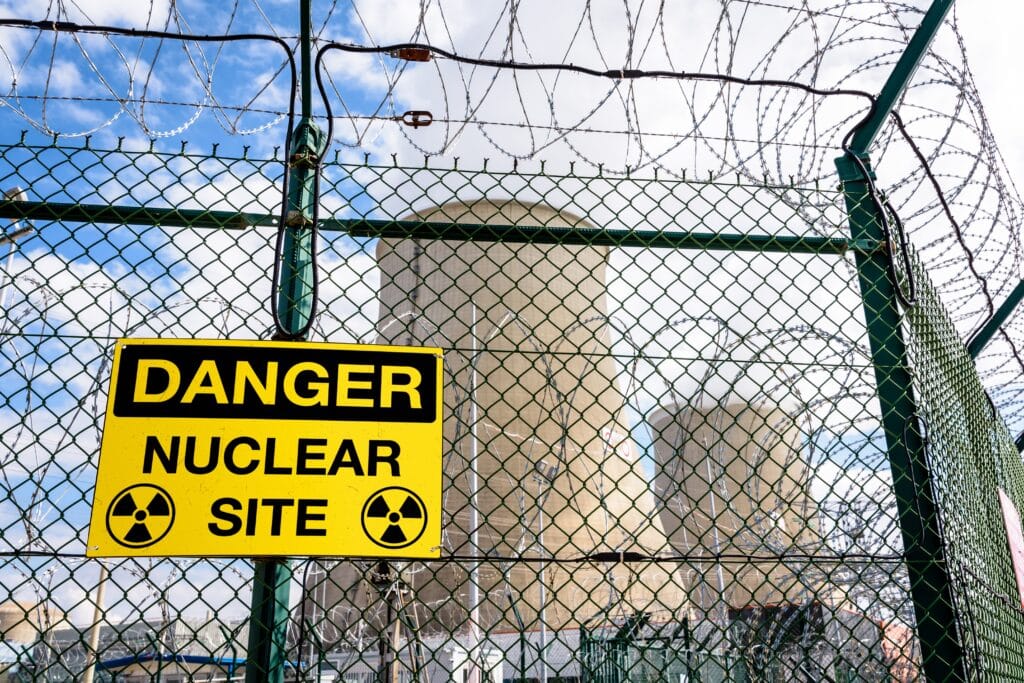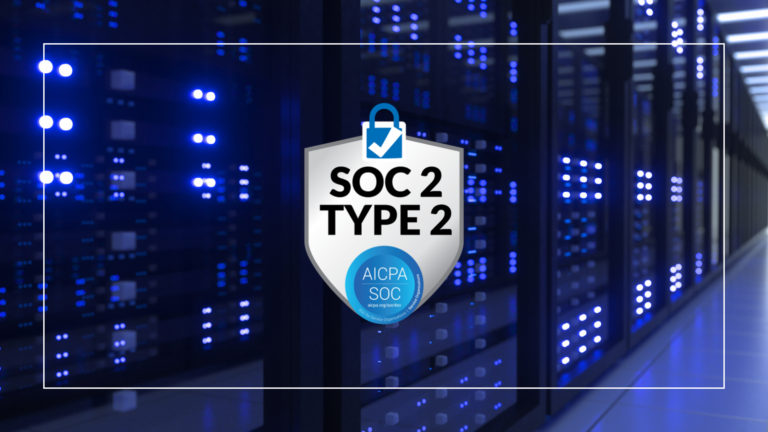In an era where the nuclear power industry faces ever-evolving cyber threats, ensuring the safety and security of critical operations has become paramount. Indeavor, committed to the highest security standards, stands as a guardian offering a cybersecurity framework tailored to the unique challenges of the nuclear sector.
Understanding the Nuclear Cybersecurity Landscape
The nuclear industry encounters a myriad of cybersecurity challenges, ranging from false detection of attacks to potential disruption of communications during crises. With the growing digitization of critical systems, the susceptibility to cyber-attacks has become more apparent.
The implications of inadequate nuclear cybersecurity extend beyond immediate threats to the physical infrastructure. In the event of a successful cyber intrusion, not only could there be potential damage to key facilities, but the compromise of sensitive information could also lead to other negative geopolitical and regulatory consequences.
The interconnected nature of global systems means that a cybersecurity breach in the nuclear industry can have cascading effects on international relations and stability. Addressing cybersecurity challenges in the nuclear sector is crucial not only for protecting infrastructure but also for safeguarding international peace and security.
Aligning with Regulatory Standards
In the United States, the Nuclear Regulatory Commission (NRC) plays a pivotal role in fortifying cybersecurity measures across the nuclear landscape. Regulatory standards, like 10 CFR 73.54, mandate protection against cyberattacks.
Title 10, Code of Federal Regulations (10 CFR), Section 73.54 is a rule that pertains to the physical protection of nuclear power plants and facilities. Specifically, it outlines requirements for access authorization programs for individuals with unescorted access to protected areas of nuclear power plants.
The rule establishes the criteria and processes licensees must follow to ensure that individuals granted unescorted access have undergone thorough background checks, including criminal history and employment record reviews. Additionally, the rule addresses the need for ongoing monitoring and periodic reevaluation of individuals with unescorted access to maintain a high level of security within the nuclear facility.
Compliance with 10 CFR 73.54 is essential for safeguarding nuclear facilities and preventing unauthorized access that could compromise safety and security measures. Indeavor aligns with these standards.

NRC’s Cybersecurity Inspections and Roadmap
The U.S. Nuclear Regulatory Commission (NRC) is actively engaged in enhancing cybersecurity measures within the nuclear industry through its Cybersecurity Inspections and Roadmap. This comprehensive approach reflects the recognition of the evolving nature of cyber threats and the critical importance of securing digital systems associated with nuclear facilities.
The Cybersecurity Inspections conducted by the NRC involve rigorous assessments of nuclear licensees’ cybersecurity programs to ensure compliance with established regulations and guidelines. These inspections focus on evaluating the effectiveness of measures in place to protect digital assets, critical systems, and sensitive information from cyber threats. Licensees are required to implement robust cybersecurity plans, conduct risk assessments, and establish measures to detect and respond to potential cyber incidents.
In parallel, the NRC’s Cybersecurity Roadmap outlines a strategic framework for addressing cybersecurity challenges in the nuclear sector. The roadmap aims to stay ahead of emerging threats by promoting continuous improvement and adaptation of cybersecurity practices. It provides guidance on enhancing the resilience of nuclear facilities to cyber-attacks, emphasizing the importance of workforce training, information sharing, and collaboration with stakeholders.
The NRC’s commitment to cybersecurity is aligned with the broader goal of maintaining the safety and security of nuclear facilities. By conducting thorough inspections and providing a roadmap for continuous improvement, the NRC seeks to ensure that the nuclear industry is well-prepared to address the dynamic and sophisticated nature of cyber threats, ultimately contributing to the overall resilience of the nation’s critical infrastructure.
Indeavor, in tandem with the NRC’s roadmap, is steadfast in the implementation of comprehensive cybersecurity measures for power plant licensees and other NRC-licensed facilities. This initiative involves the deployment of cutting-edge technologies, the establishment of secure network architectures, and the formulation of detailed cybersecurity policies.
Indeavor’s commitment extends beyond mere regulatory compliance, focusing on the proactive adaptation to emerging cyber threats. By aligning with the NRC’s roadmap, Indeavor not only promotes the protection of critical infrastructure but also actively contributes to the ongoing evolution of cybersecurity practices within the industry, fostering a resilient and adaptive security environment.
Indeavor’s Security Arsenal
Imagine implementing automated scheduling that meets your plant’s complex demands. While Operations and HR departments eagerly anticipate the benefits, the IT department, rightfully concerned about potential impacts on firewalls, raises valid concerns. Indeavor addresses such concerns by highlighting the inherent advantages of cloud-based solutions, ensuring easy integration without the need for a system overhaul.
Indeavor prioritizes security with enterprise-grade protection mechanisms, including Single Sign-On (SSO) and multi-factor authentication. These measures ensure that access is granted only to authorized personnel, effectively warding off potential threats.
Indeavor’s commitment to security is underscored by its SOC II Type II Certification, the highest standard. Protecting customer data is not just a priority; it’s a business-critical function deeply ingrained in Indeavor’s operating model. The company’s continuous investment in security processes ensures that its software not only remains cutting-edge but also provides end-to-end security for users.
Towards a Secure Nuclear Future
As the nuclear industry faces an unprecedented era of digitization, the collaboration between regulatory bodies, technology providers such as Indeavor, and industry stakeholders has become imperative. Indeavor’s commitment to security, in alignment with evolving regulatory standards, positions it as a crucial partner in securing the future of nuclear operations.
In conclusion, the guardianship of our reactors in the digital age demands not only compliance with regulatory standards but a proactive commitment to innovation and resilience. Indeavor stands at the forefront, ensuring that the core principles of confidentiality, integrity, and availability remain unwavering in the face of evolving cyber threats.







